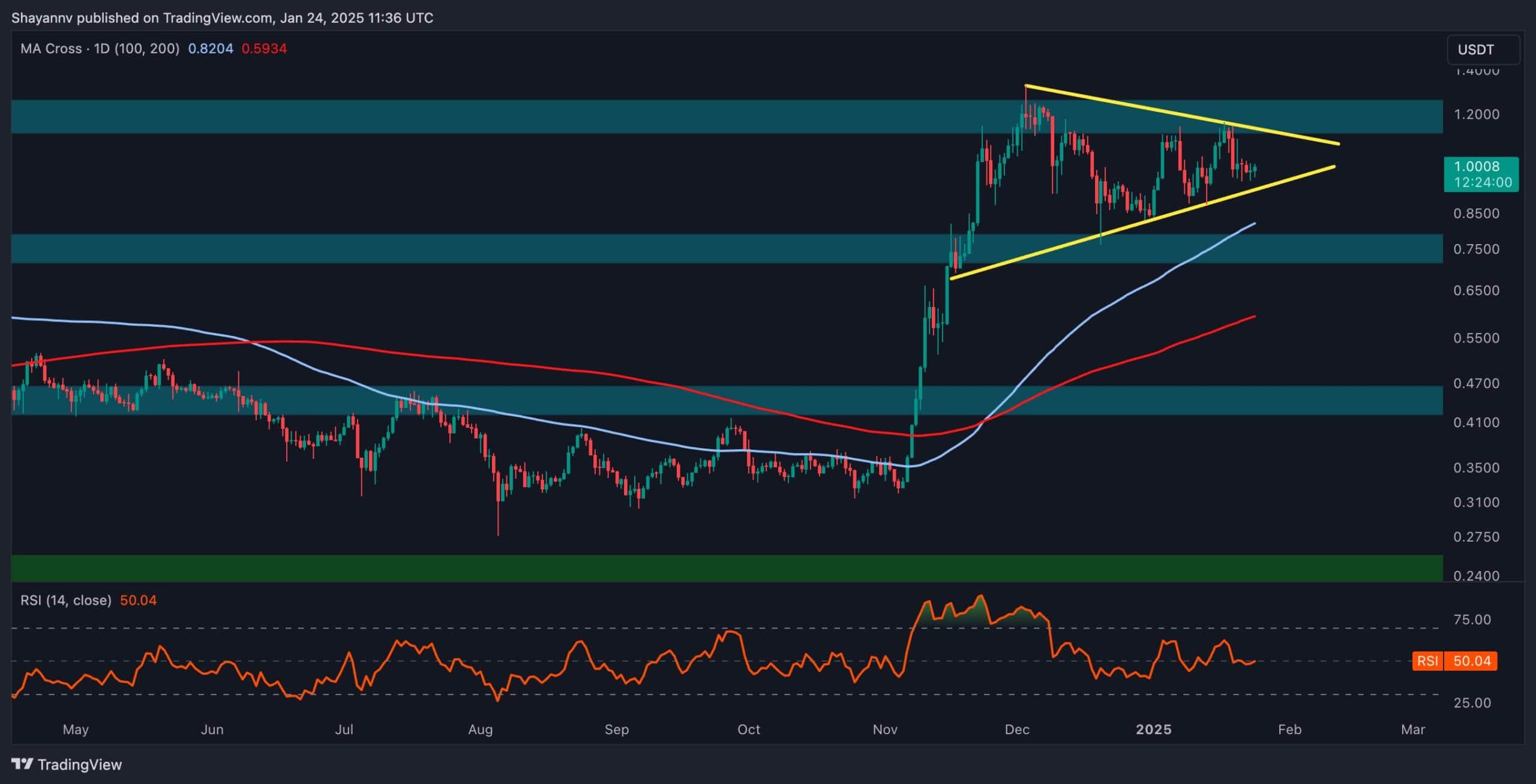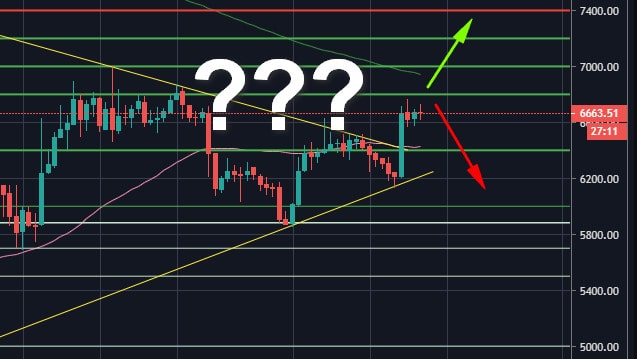Cardano Now Has Smart Contracts Capabilities: Alonzo Mainnet Upgrade Went Live
The wait is finally over. After years of researching and producing a multitude of peer-reviewed papers on the network’s structure, potential, ideas, goals, and whatnot, Cardano now has smart contracts capabilities to further bolster its ecosystem.
Alonzo Mainnet Now Live
As of now, Cardano saw an important hard fork go through, and Alonzo is now live on the mainnet. What this means is that the network supports smart contracts, enabling various teams and projects to start building and deploying their protocols directly on Cardano.
1/2 Upgrade successful.
Moments ago, we deployed the #Alonzo upgrade at the epoch rollover.
Welcome to the start of a new era for #Cardano $ADA pic.twitter.com/r6QNvTv4pt
— Input Output (@InputOutputHK) September 12, 2021
As CryptoPotato reported earlier, the network had the functionalities built into the Alonzo testnet towards the beginning of September.
One of the important things to keep in mind when talking about smart contracts on Cardano is Plutus. It’s the framework that enables this functionality. Plutus core is used to define the parameters of the extended UTXO model. According to the team, it offers unique advantages over different accounting models.
Moreover, the Plutus Application Framework (PAF) provides access to applications and services that run on the network, and it should also include a full web browser interoperability.
Not Without Hiccups
The rollout wasn’t without its hiccups. It was recently brought up that there’s a fundamental concurrency issue within the fundamental design of Cardano’s smart contract capabilities.
This basically means that multiple users can’t interact with a protocol at the same time. However, Charles Hoskinson, as well as Input Output (the team behind Cardano), went in-depth to explain the entire smart contract model of the network and how this is not an issue.
Moreover, a couple of days ago, Input Output published a brand new blog that explains Cardano’s EUTXO approach to smart contract execution and how it offers greater security, lack of charges for failed transactions, and full cost predictability.
In any case, with today’s hard fork going through, this marks a new era for the Cardano project, and it’s interesting to see how it will impact its ecosystem going forward.









